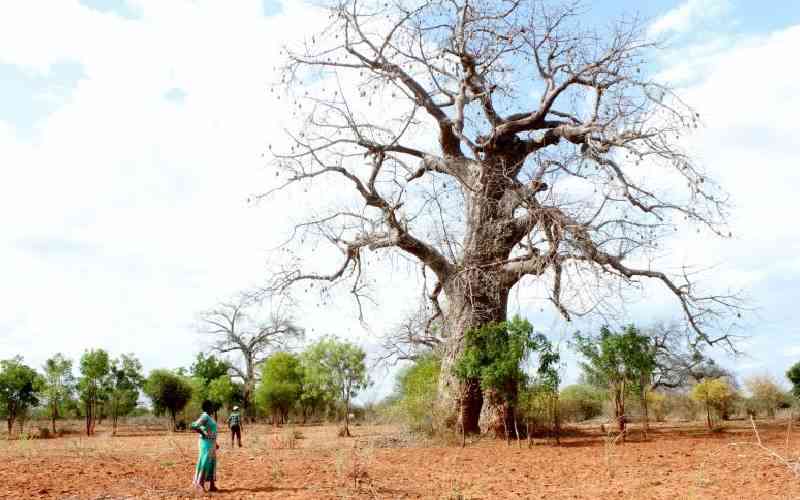×
The Standard e-Paper
Join Thousands Daily

From leasing a beach plot, constructing a loading jetty and a road, to buying the trees at exorbitant prices, a Georgian at the centre of the baobab export fiasco was resolute in his quest to ship out the trees.
The paper trail of the deal shows that George Gvasaliya was ready to pay an arm and a leg for the trees from peasant farmers in Tezo and Mtondia villages in Kilifi North.